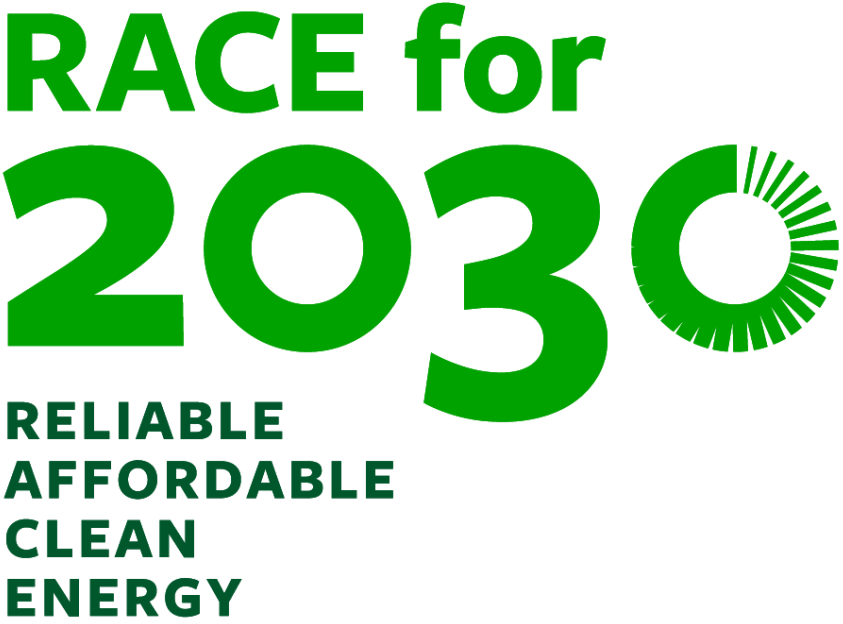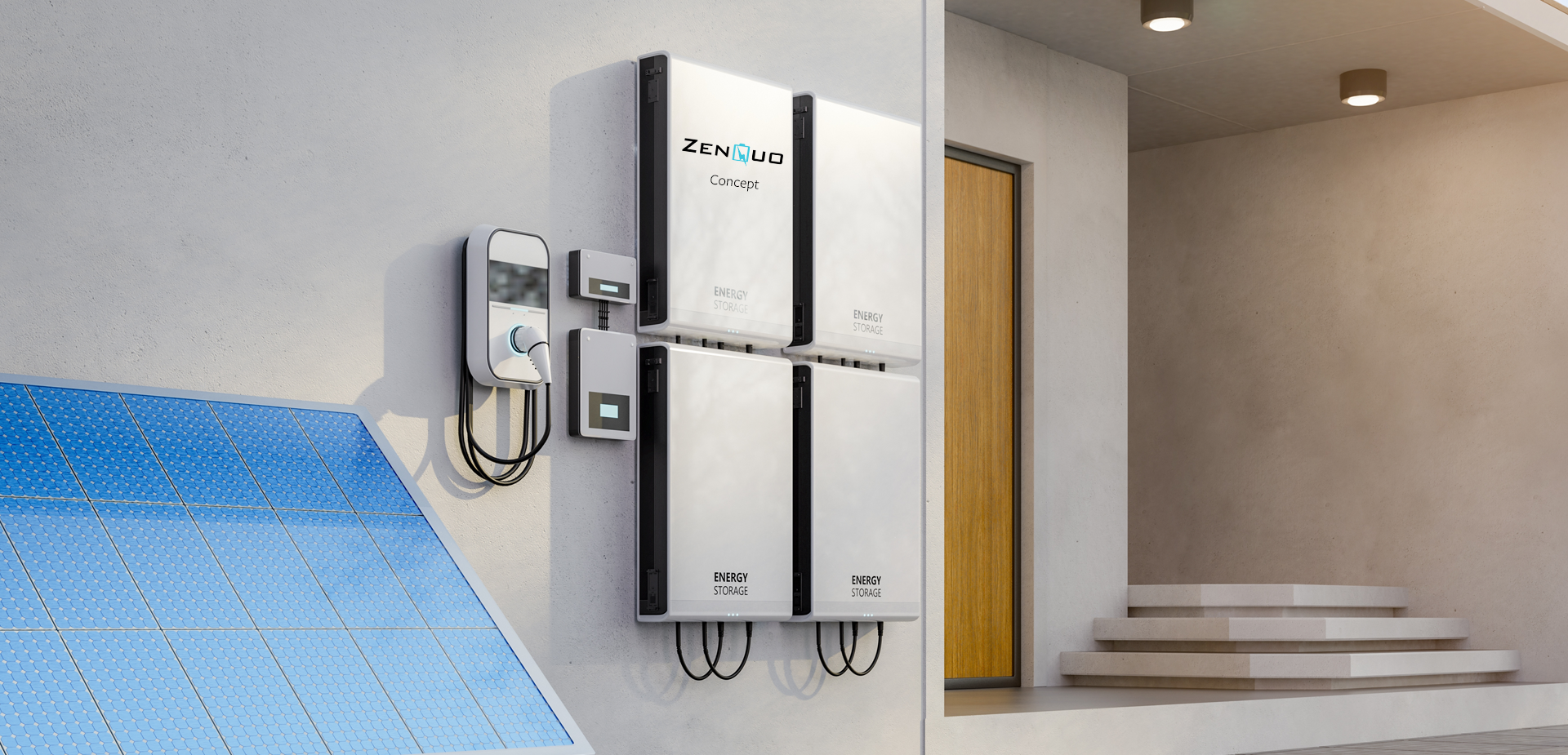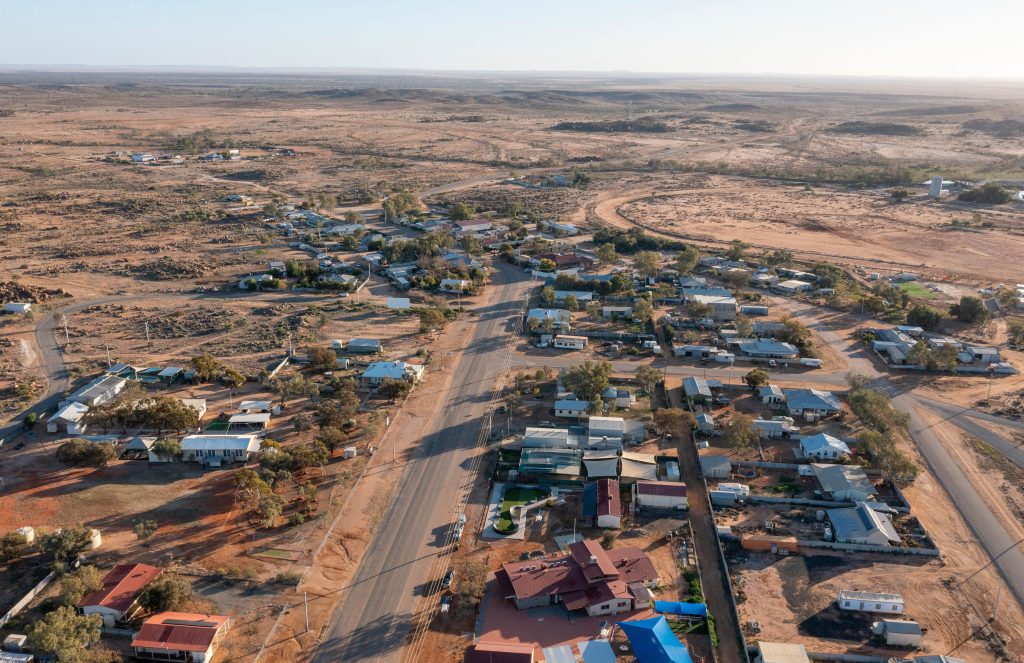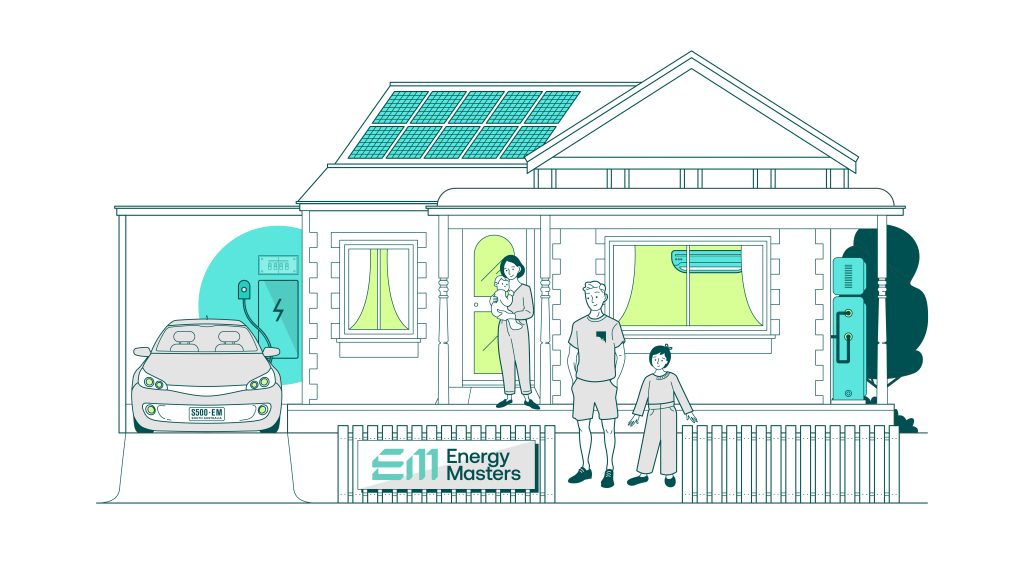Chief Investigators
Dr. Dipan Kundu (UNSW)
Dr. Priyank Kumar (UNSW)
Purpose of project
This project aims to develop and validate an innovative aqueous zinc battery (AZB) technology as a safer, more affordable, and environmentally sustainable alternative to lithium-ion batteries for stationary energy storage. Using abundant materials such as zinc, manganese, and water, AZBs offer strong potential for residential and commercial applications due to their non-flammable chemistry, recyclability, and projected cost of approximately AU$240/kWh. The project will engineer and test prototype cells with high energy density, extended cycle life (1000+ cycles), and strong power capabilities. It also addresses key technical challenges—such as cathode durability and zinc anode rechargeability—to support real-world performance. By elevating the technology’s readiness for commercialisation, the project lays the foundation for a scalable, safe, and cost-effective battery solution tailored to Australia’s energy needs.
Impact of project
Successful delivery of this project will enable the widespread adoption of renewable energy by providing a reliable and economical energy storage option for homes and businesses. The AZB technology has the potential to reduce household energy bills, improve energy resilience, and support grid stability—helping to integrate rooftop solar systems and reduce emissions across the energy sector. Scientifically, it will generate new insights into zinc battery chemistry, support academic and industry research, and expand Australia’s intellectual property portfolio in energy storage. As the commercial spin-off advances, the project will attract further investment, foster manufacturing partnerships, and help establish Australia as a leader in next-generation battery technologies.
Project partners – industry and research
UNSW (Lead), ZenQuo, UniSeed
Industry Reference Group members
Australia New Ventures Program, University of Newcastle
Status
- In Progress
Project Leaders
- Dipan Kundu, UNSW
- Priyank Kumar, UNSW
Completion Date
March 2027
Project Code
0530






